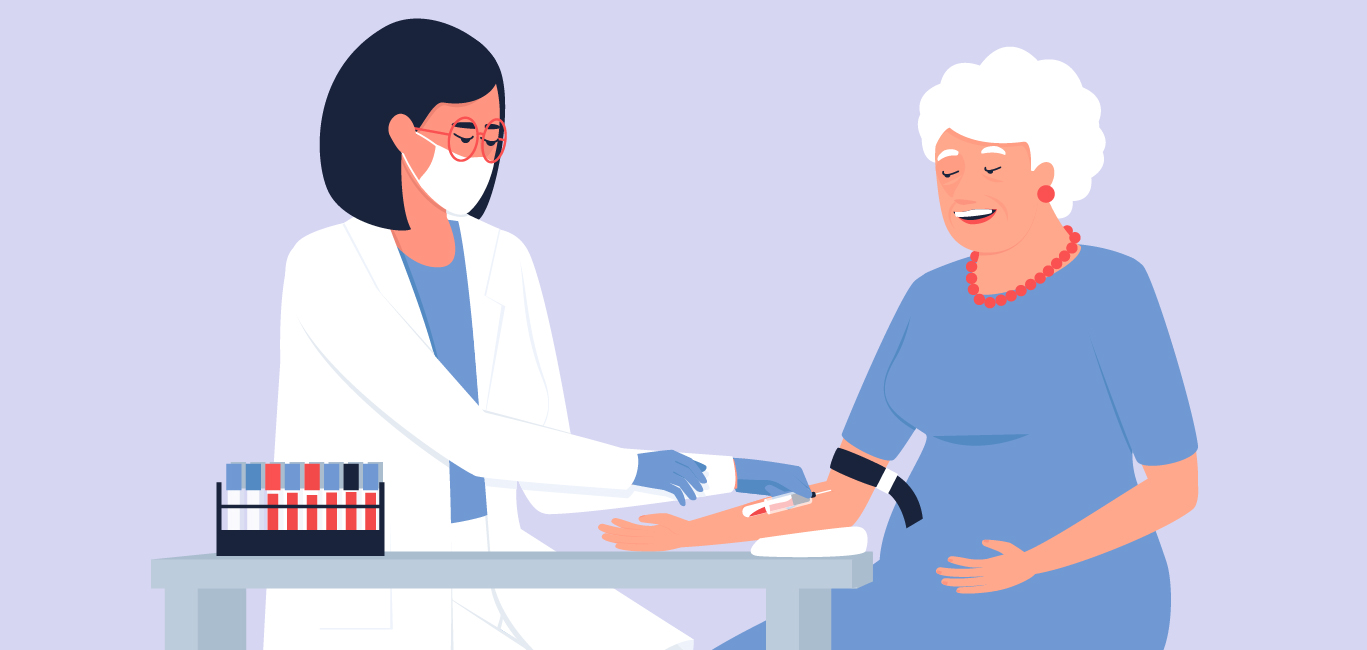
The rapid increase in neurodegenerative diseases with cognitive decline in older people is a global concern. Individuals with neurological conditions like Alzheimer’s disease or dementia experience impaired cognition, leading to verbal memory challenges as well as difficulty in performing simple daily tasks or making decisions.
The hidden hunger
Cognition includes all mental activities involved in processing information from one’s surroundings. Just as we segregate documents in folders on a computer, our brain too organises every minute action we perform and information we gather to identify, process, store, recover, and use as needed.
“If our food is deficient in vitamins and minerals, it will affect our brain,” Dr Nitin Yadav, National Institute of Mental Health and Neuroscience (NIMHANS), Bengaluru, tells Happiest Health.
Studies have shown that ‘hidden hunger’ — the lack of micronutrients like vitamins and minerals in the diet — is the underlying reason for several neurological conditions.
For example, vitamin D deficiency can cause depression, while inadequate vitamin B-complexes breach the integrity of the protective myelin sheath around the nerve cells. Myelin disruption can interfere with the production and transmission of signals and neurotransmitters or messenger molecules in the brain.
While a balanced and nutritious diet contributes to overall health, there is no conclusive study on whether dietary and multivitamin supplements can arrest the cognitive decline in the elderly.
Do supplements help?
An April 2022 study published in Alzheimer’s and Dementia: The Journal of the Alzheimer’s Association analysed the efficacy of cocoa extracts and a commercial multivitamin-mineral supplement on cognition in older people by integrating various independent studies.
One of these studies showed that polyphenols in cocoa extract positively affect memory and executive functions in healthy adults. On the contrary, another study revealed that long-term daily use of multivitamins in male participants aged 65 years or older did not provide cognitive benefits.
Based on several such results, ran a three-year trial on 2,000 male and female participants in the advanced age group (mean age 73 years). The participants were segregated into different groups, including a placebo one.
The analysis revealed that the group on multivitamin supplements showed a statistically significant improvement in overall cognitive parameters – slowing of cognitive decline, improvement in intellect, and long-term memory and mental processes – when compared to the placebo group. Moreover, the group with cognitive decline due to cardiovascular diseases benefitted the maximum with multivitamin supplements.
On the other hand, the group put on cocoa extract showed no statistically significant cognitive benefits compared to the group on multivitamins. However, “independent confirmatory studies are needed in larger, more diverse study populations. It is critical that future treatments and preventions are effective in all populations,” said Dr Maria C Carrillo, Alzheimer’s Association chief science officer in a statement.
What experts say
Happiest Health spoke to a few experts for their views on taking multivitamin supplements. “The best way to get the micronutrients like vitamins and minerals is through a balanced diet,” says Dr Yadav from NIMHANS. Taking multivitamin supplements when one has only a single vitamin or mineral deficiency can give our bodies more than the required quantity, which can be harmful, he explains.
However, in certain conditions taking supplements is essential, says Dr Ritika Samaddar, Chief Dietician, Max Healthcare, Saket, Delhi. “Nutrient absorption from food reduces with advancing age in some individuals. B group vitamins like B6, B12, and folate are very important, and deficiency of these could impact brain health,” she says.
Moreover, vegetarians would require to take supplements if they do not get adequate nutrition from food, she adds.
Besides, when older people with chewing and swallowing difficulties are found deficient, supplements can help, points out Dr Yadav.
One size not a fit for all
The effect of supplements can vary across geographies, diets and food habits, says Dr Yadav. Further, a supplement that is effective for people of a particular country may not be so for another. “When cognition decline is because of nutritional deficiency, then taking supplements will reduce cognitive decline. But when cognitive impairment is because of other factors, then supplements may not be effective,” he says.
Dr Sushma Jaiswal, a neuro-nutritionist, at Swasthya Nutrition, Bengaluru, initially prescribes multivitamins as a treatment plan for people with neurological conditions as their body is incapable of absorbing nutrients from food.
When the body starts recovering, she gradually starts replacing supplements with natural sources of nutrients. “Herbs like ashwagandha and ginseng are loaded with multivitamins that help to improve cognition,” says Jaiswal.
Be mindful of what is popped into the mouth
Experts caution against self-treatment, which can cause toxicity and result in side effects like nausea or an upset stomach. A wholesome diet of whole grains, nuts, seeds, vegetables, fruits, fish, eggs, meat, and organ meat is a prerequisite for a healthy body, they say unanimously.
“While the Alzheimer’s Association is encouraged by the results of the long-term study, we are not yet ready to recommend widespread use of a multivitamin supplement to reduce risk of cognitive decline in older adults,” says Dr Carrillo in the statement.
She envisages that in the future, therapy in conjunction with brain-healthy regimes will help to address cognitive ageing and dementia management. In addition, “independent confirmatory studies are needed in larger, more diverse study populations. It is critical that future treatments and preventions are effective in all populations,” says Dr Carrillo.

















